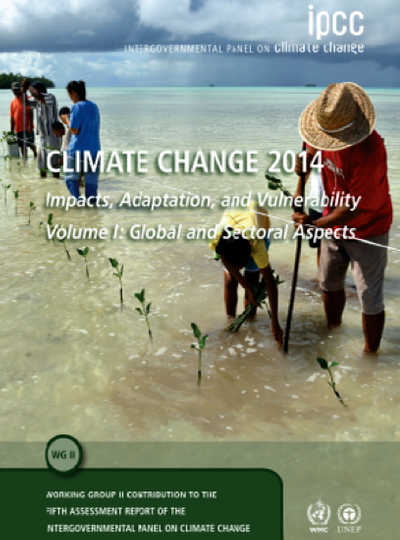Northern Sea Route Usable 125 Days by 2050: New Report
The recently released Inter-governmental Panel on Climate Change (IPCC) report – ' Climate Change 2014: Impacts, Adaptation, and Vulnerability' – finds that the effects of climate change are already occurring on all continents and across the oceans. It also underlines that the prediction of ice-free periods in the Arctic Ocean is generally underestimated. Relevant maritime-focused excerpts from the report follow:
Shipping from major European ports to Shanghai is some 40 percent shorter via the Northern Sea Route compared with the Suez Canal. Shorter shipping distance cuts emissions, but increases the probability of shipping accidents with severe consequences for the fragile Arctic environment.
- The global ocean will continue to warm during the 21st century. Heat will penetrate from the surface to the deep ocean and affect ocean circulation.
- It is very likely that the Arctic sea ice cover will continue to shrink and thin and that Northern Hemisphere spring snow cover will decrease during the 21st century as global mean surface temperature rises. Global glacier volume will further decrease.
- Global mean sea level will continue to rise during the 21st century. Under all RCP scenarios, the rate of sea level rise will very likely exceed that observed during 1971 to 2010 due to increased ocean warming and increased loss of mass from glaciers and ice sheets.
- Climate change will affect carbon cycle processes in a way that will exacerbate the increase of CO2 in the atmosphere (high confidence). Further uptake of carbon by the ocean will increase ocean acidification.
A total of 309 coordinating lead authors, lead authors, and review editors, drawn from 70 countries, were selected to produce the report. They enlisted the help of 436 contributing authors, and a total of 1,729 expert and government reviewers.
The report and other related information can be accessed at: http://www.ipcc.ch/














